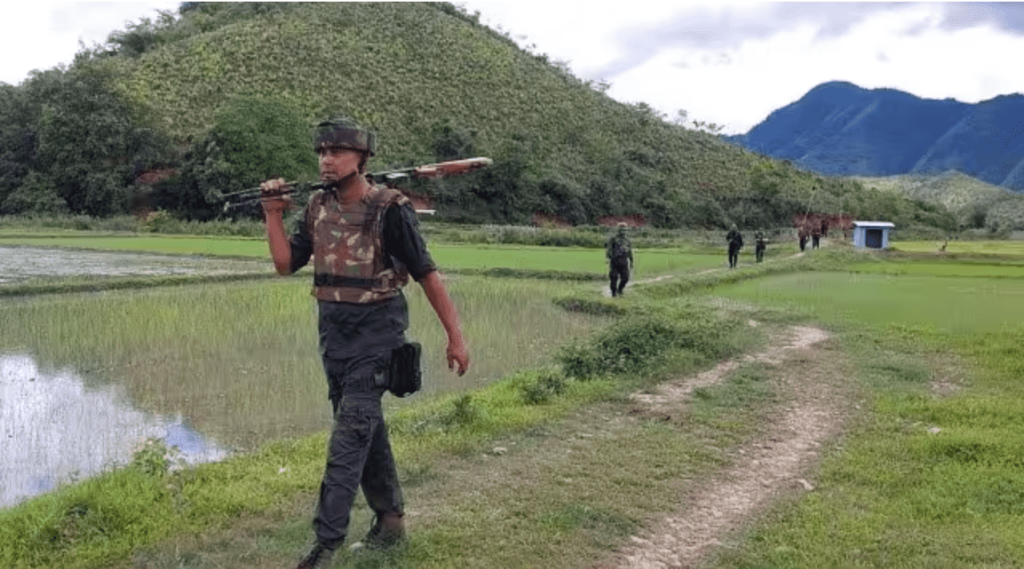The recent ethnic violence in Manipur has had a devastating impact on rice cultivation in the state. Farmers have been unable to work in their fields due to fear of violence, and many have been displaced from their homes. This has led to a shortage of rice in the state, and prices have risen sharply.

The violence has also damaged infrastructure, including irrigation canals and roads. This will make it difficult for farmers to resume cultivation even when the violence subsides. The government has taken some steps to address the situation, but more needs to be done. The government needs to provide security to farmers so that they can work in their fields. It also needs to help farmers repair damaged infrastructure.
The violence in Manipur is a major setback for rice cultivation in the state. It will take time for the situation to return to normal, and in the meantime, the state will face a shortage of rice. This will have a ripple effect on the economy, as rice is a staple food in Manipur. The shortage of rice will also lead to higher prices, which will put a strain on the budgets of households and businesses.
The government needs to take urgent steps to address the situation. It needs to provide security to farmers and help them repair damaged infrastructure. It also needs to provide financial assistance to those who have been displaced by the violence. The government needs to act now to prevent a humanitarian crisis.
Here are some additional details from the article:
- The violence has displaced over 10,000 people.
- The shortage of rice has led to a rise in prices of up to 30%.
- The government has provided some financial assistance to farmers, but it is not enough.
- The government is working to repair damaged infrastructure, but it is a slow process.



